Sean Vanaman, the co-creator of popular indie game Firewatch, apologized yesterday for misusing his admin privileges as a Valve employee to manually suspend a Dota 2 player over a gameplay disagreement.
Vanaman, who became a Valve employee in 2018 after his company, Campo Santo, was acquired by Valve, sent a public matchmaking teammate to the low priority pool over an alleged difference in gameplay opinions instead of any wrongdoing.
“The team looked into this case, and concluded the user clearly did not deserve the ban,” Vanaman wrote. “Even if the user did deserve a ban however, we all think it’s clear that manually banning users is not a good idea because of how hard it is to be objective in Dota games that you are in.”
Vanaman added that manual bans will be henceforth formally disallowed from Valve employees and he apologized to the affected player, minijuanjohndoe.
“So can employees just send you to low priority for telling the team to let mid tower go and he just thinks it’s a bad idea?” minijuanjohndoe posted initially. Lacking important context and verifiable information at first, the user eventually came through and posted the associated match ID and his own behavior score.
A metric named behavior score gauges your account’s in-game conduct. The maximum score any player can maintain is 10,000. In this case, minijuanjohndoe’s behavior score rarely dipped below 10,000, indicating that they’re generally a non-disruptive player.
The low priority pool in Dota 2 serves as a temporary punishment to users who “have engaged in behaviors that are detrimental to the community” according to Valve’s official post. These players are cordoned off from the regular matchmaking pool, stuck in the Single Draft game mode where they are limited to picking from three random heroes, and have to win a certain number of games before having the low priority status lifted.
Players can use the automated report system to file complaints against other users, which is usually how a player ends up in low priority.
“If, at any time, you receive more reports than approximately 95 percent of the player population in a 15 game window, you will receive low priority,” the in-game explanation warns.
As with any automated system, it’s not perfect. Players who pick unpopular heroes such as Techies, for example, can be disproportionately affected since user reports are the key factor in doling out punishment.
But Vanaman’s conduct in this matter sets a worrying precedent. The suspension function has seemingly sat around for all of Dota 2‘s life with normal players having no clue of its existence. While this is the first case to come to light, it’s possible that Vanaman and other Valve employees have routinely misused their privileges throughout their careers.
Vanaman was also previously embroiled in controversy in 2017 following his filing of a DMCA takedown against PewDiePie’s Firewatch content after the YouTube star used a racial slur in a PUBG stream.


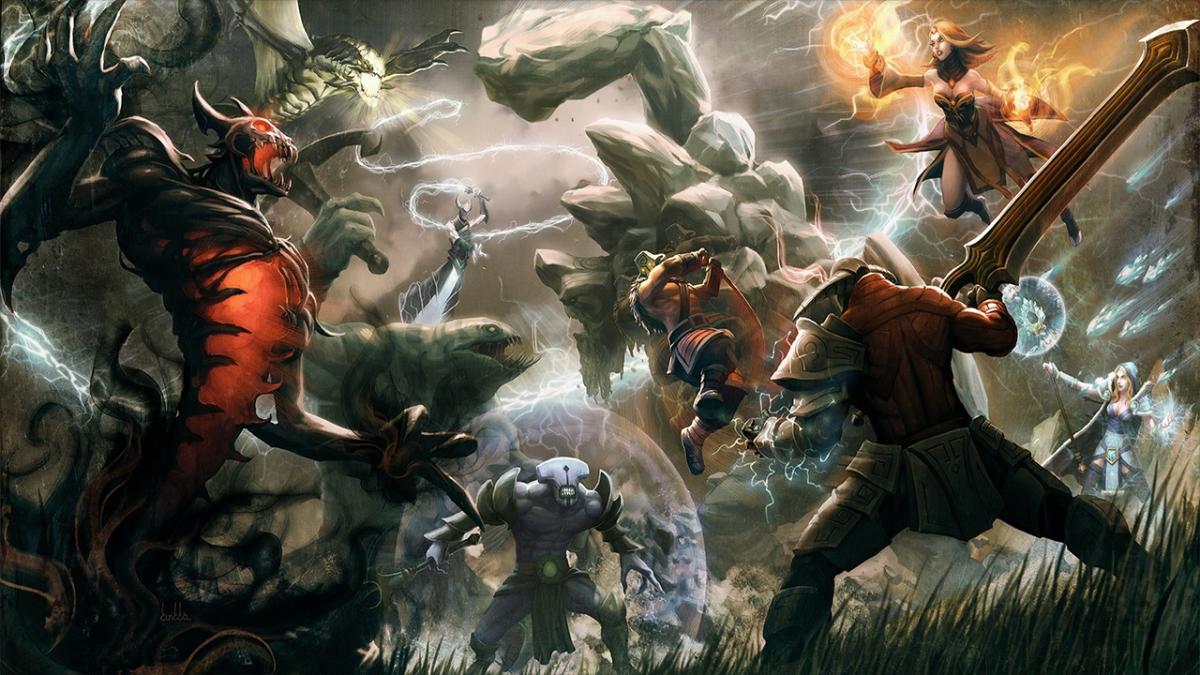

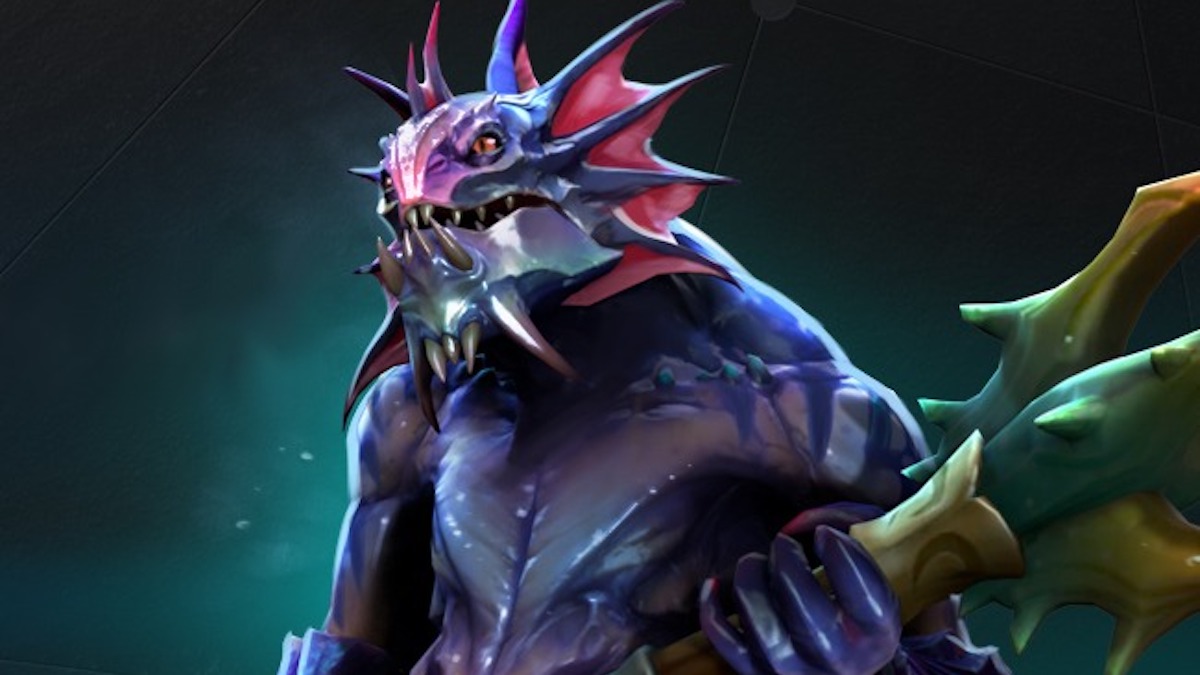
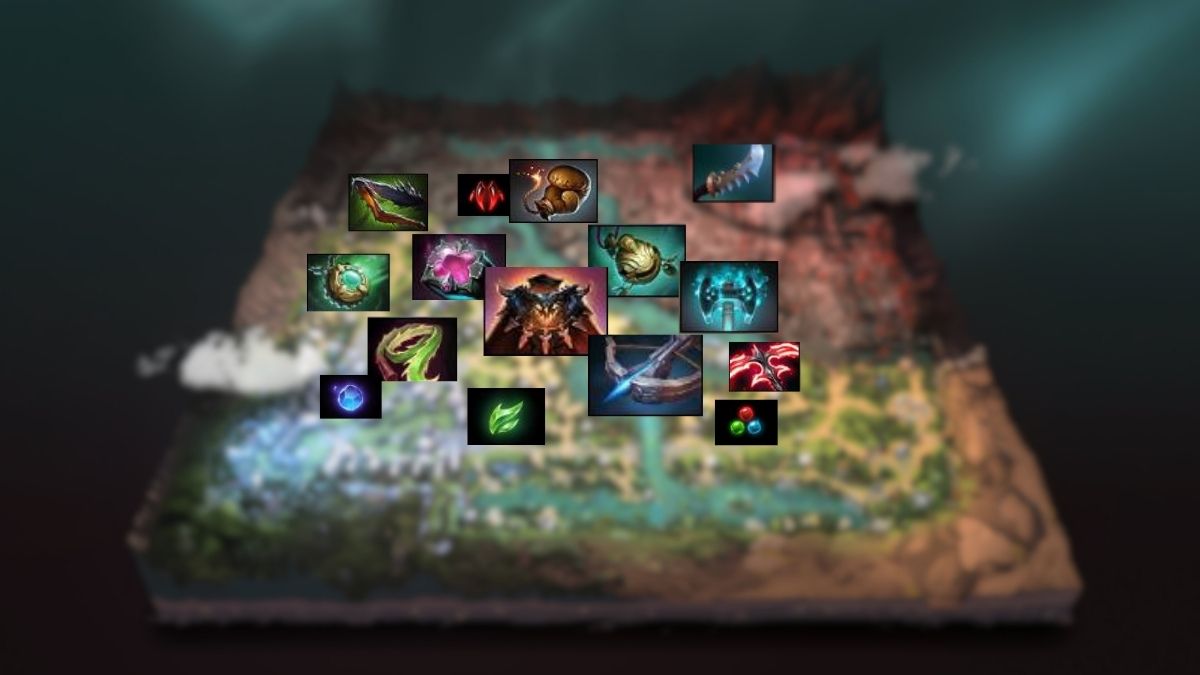
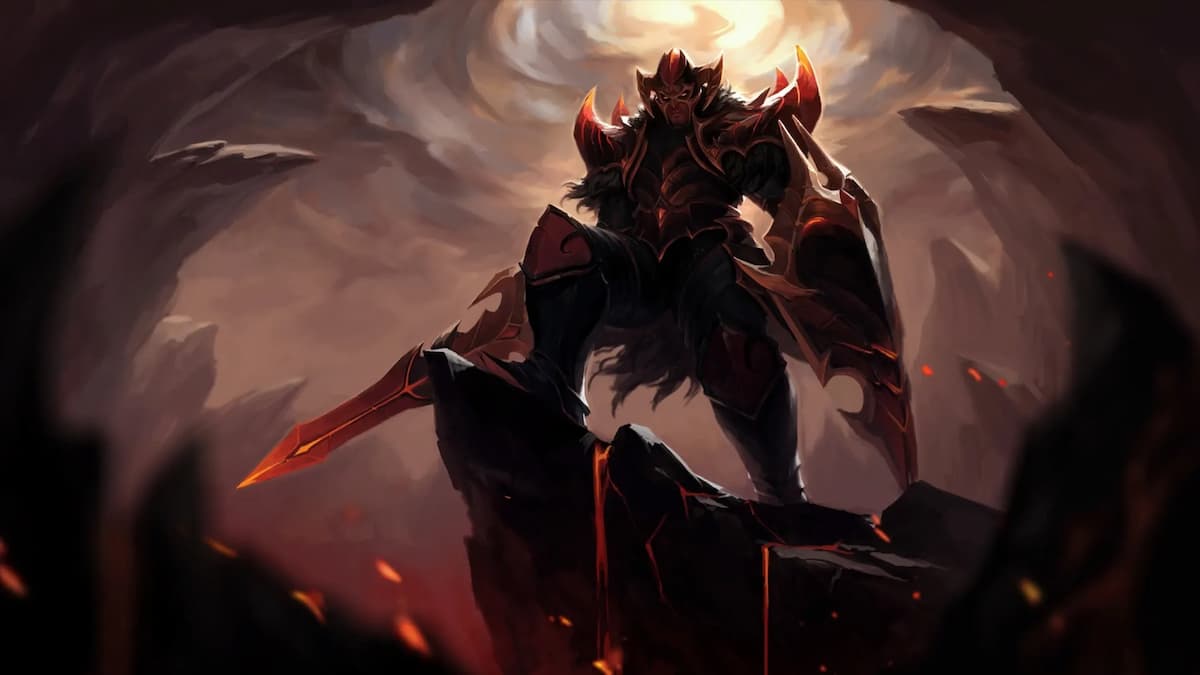
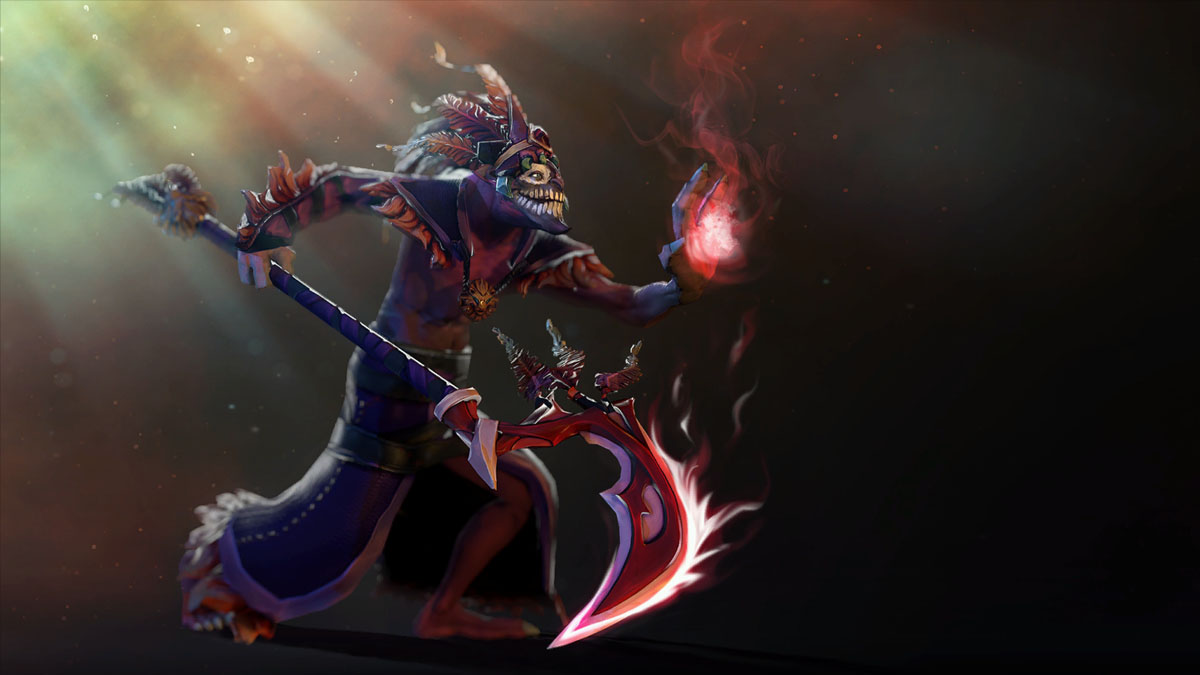

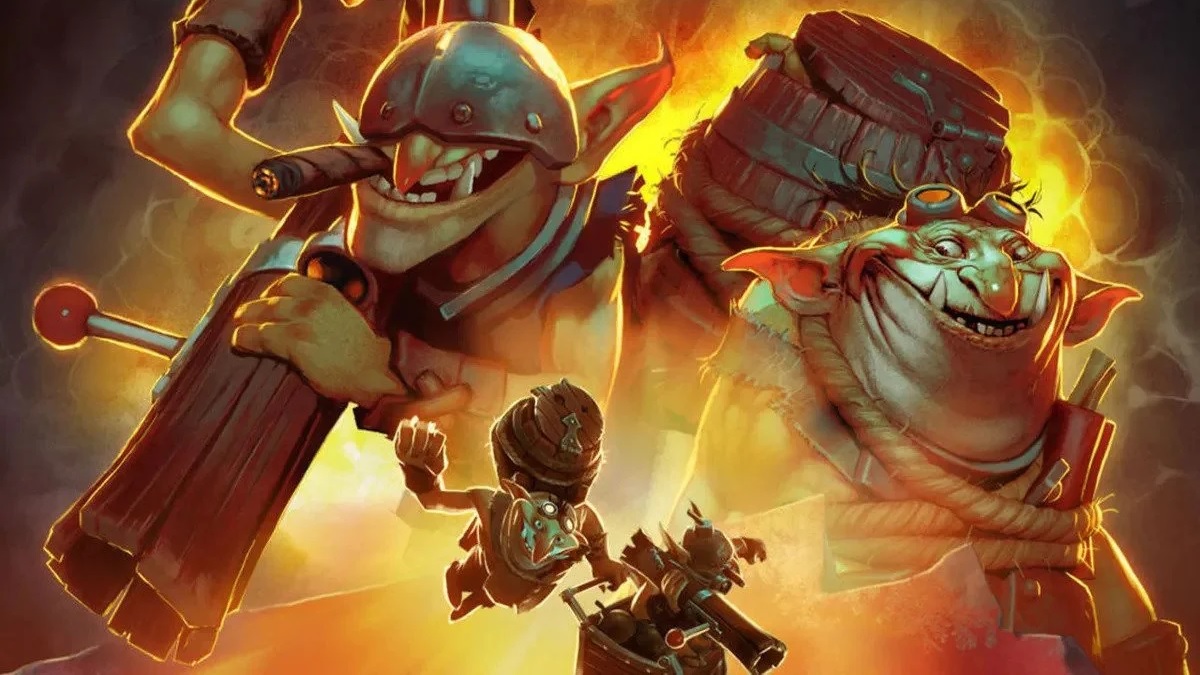
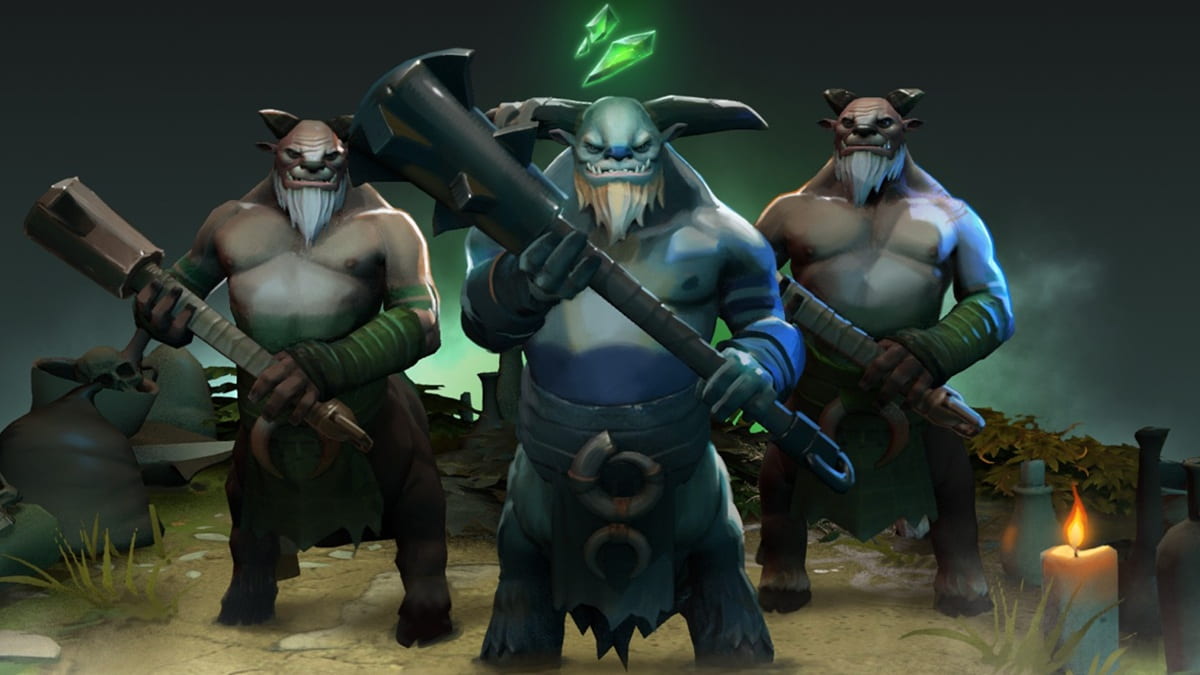
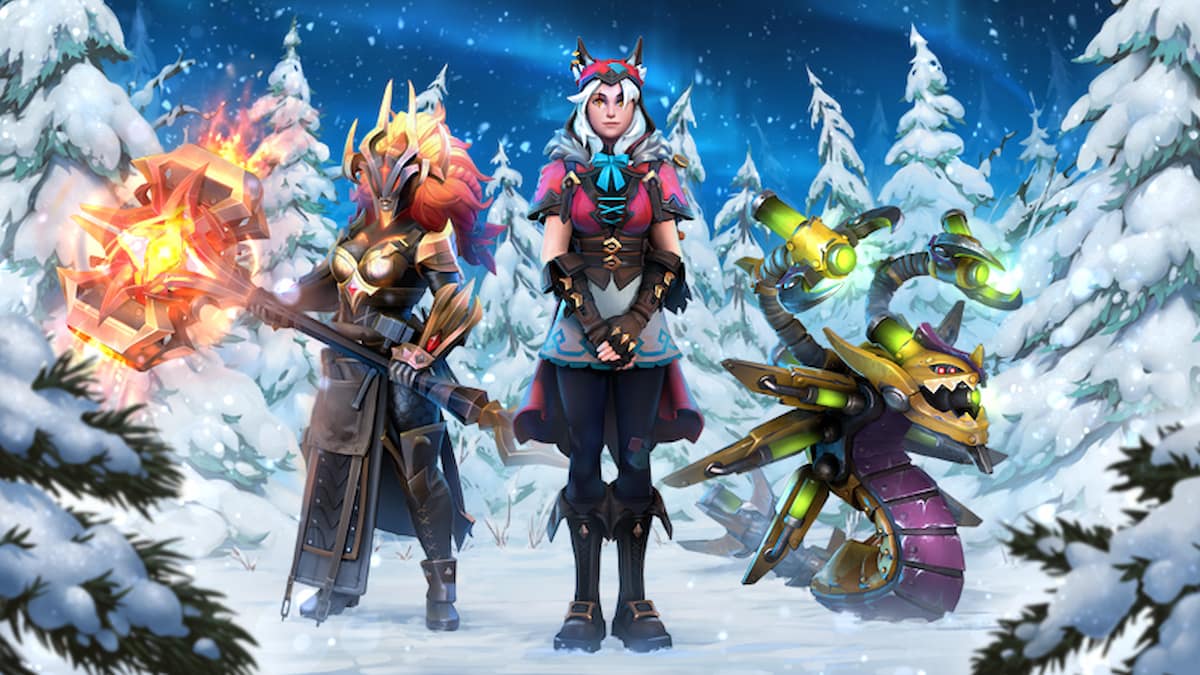

Published: Nov 23, 2020 05:40 am